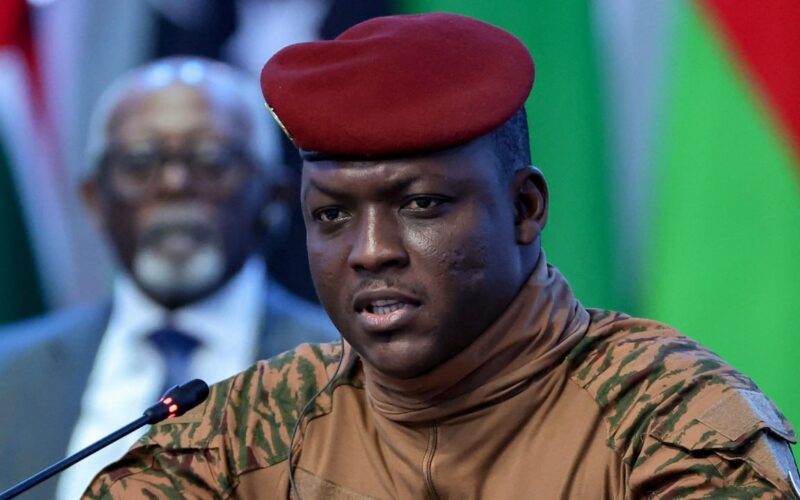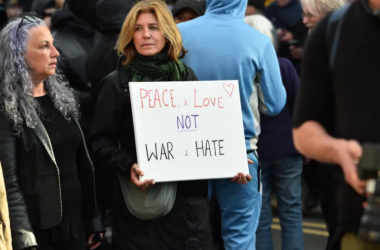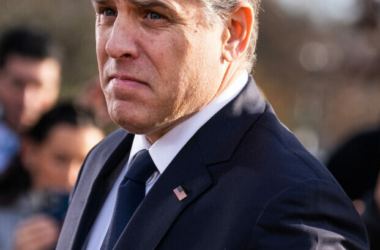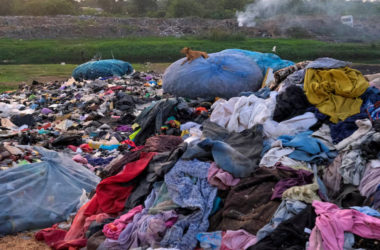Burkina Faso’s military junta has announced a new ban on homosexual acts, marking the country’s first formal criminalization of same-sex relationships. This move aligns Burkina Faso with a growing number of African nations imposing stringent laws against LGBTQ communities, despite significant opposition from Western countries.
Previously, homosexuality was socially disapproved of in Burkina Faso but was not explicitly illegal. However, the junta’s cabinet, led by Justice Minister Edasso Rodrigue Bayala, has now approved legislation making same-sex acts punishable offenses. Specific details about the penalties were not disclosed.
This legislative change is part of a broader overhaul of Burkina Faso’s marriage laws. The new regulations, which need approval from the military-controlled parliament and the signature of junta leader Ibrahim Traoré, will only recognize religious and customary marriages. “Henceforth homosexuality and associated practices will be punished by the law,” Bayala stated, as quoted by AFP news agency.
The military assumed control of Burkina Faso in 2022, and since then, the junta has shifted its allegiance towards Russia, significantly reducing its ties with France, the former colonial power. Despite Russia decriminalizing homosexual acts in 1993, President Vladimir Putin’s administration has implemented strict measures against the LGBTQ community, including laws against “propaganda of non-traditional sexual relations.”
Captain Ibrahim Traoré, who took power in September 2022 after deposing Lt Col Paul-Henri Damiba, has driven this legal change. Traoré accused Damiba of failing to address an Islamist insurgency that has plagued Burkina Faso since 2015.
Prior to this legislation, Burkina Faso was one of 22 African countries where same-sex relationships were not criminalized. Unlike many former British colonies, Burkina Faso did not inherit anti-homosexuality laws from France upon gaining independence in 1960.
In Burkina Faso, approximately 64% of the population is Muslim, 26% Christian, and the remaining 10% adhere to traditional religions or have no religious affiliation.
The crackdown on LGBTQ rights in Burkina Faso follows a regional trend. Several African nations, including Uganda, have enacted stringent anti-LGBTQ laws despite condemnation from local and international human rights organizations.
In a related development, Brenda Biya, the daughter of Cameroon’s long-serving President Paul Biya, came out as a lesbian last week. She expressed hope that her revelation would prompt a change in Cameroon’s anti-homosexuality laws, though it received mixed reactions. Cameroon’s President Paul Biya, who has ruled since 1982, maintains strict control over the country.








